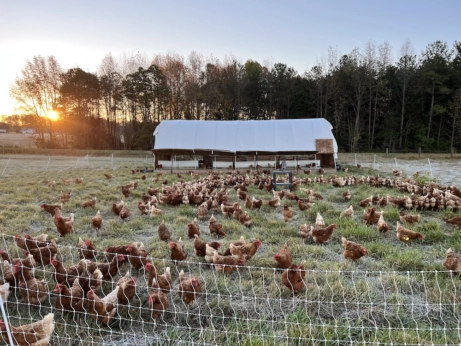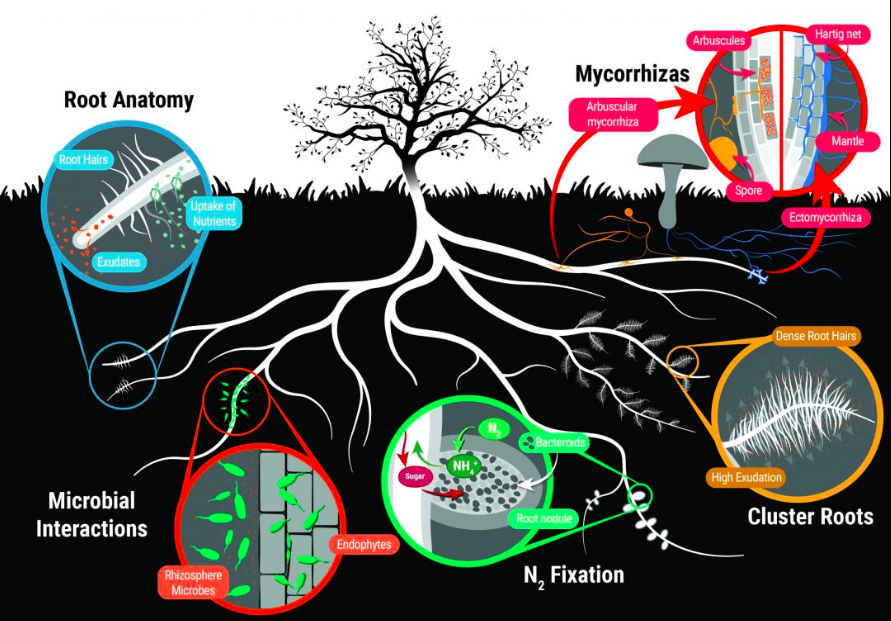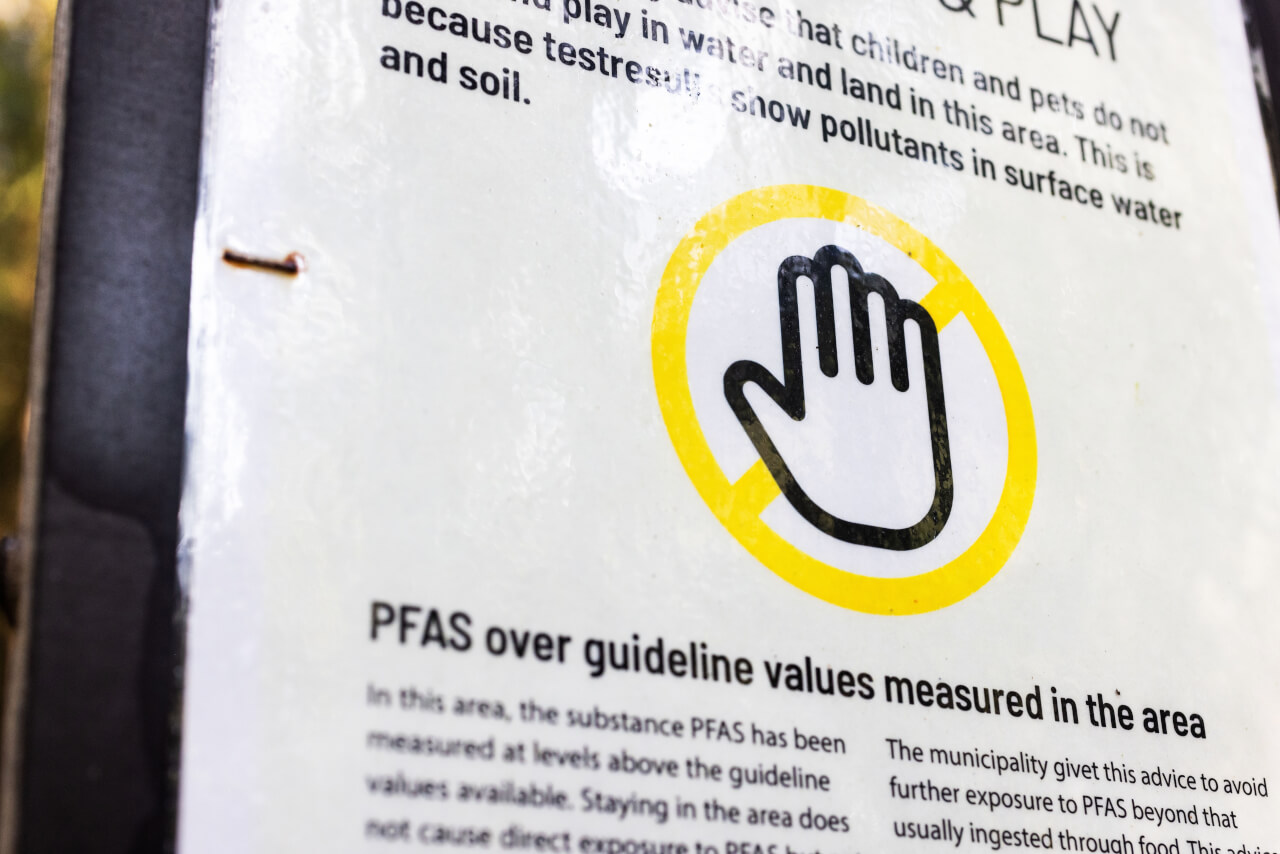[ad_1]
Via his outspoken social media presence, farmer Chris Newman has killed plenty of sacred broiler chickens. His video about racism in agriculture, “I’m a Black Farmer,” went viral in January. When he and his spouse began Sylvanaqua Farms, a multi-enterprise permaculture farm within the Virginia Piedmont in 2013, he had no concept that he was in for a harrowing experience that may train him painful classes about meals and farming—and present him a greater manner for different agriculture to thrive. Meals sovereignty, says Newman, simply isn’t doable below the small farm mannequin—however that doesn’t imply that the ideas that inspire folks to get into it within the first place aren’t worthwhile as guides.
His new e-book, First Era Farming, lays out his imaginative and prescient: constructing co-ops for first-generation farmers that maintain sources in frequent and management a shared provide chain. His first such effort collapsed below the burden of interpersonal battle 4 months after its formation in 2021, however he’s now constructing a cooperative construction by which his and two different farms provide livestock and eggs to a brand new entity, Blackbird Farms, a generally held processor and gross sales distributor. Finally, he says, Blackbird will purchase the person farm belongings and fold these right into a holding firm. – Jacqui Shine
This interview was edited and condensed.
JS: I needed to listen to about your guide. You say the message is “methods to begin farming with out ruining your life.”
CN: Kind of, sure.
JS: You’ve been writing about this for a very long time. Is your sense of “methods to do it with out ruining your life” completely different than it was 5 years in the past?
CN: 5 years in the past, I’d have been in a position to give some common recommendation about, like, what merchandise to take, what breeds to lift, extra technical stuff like that. However what’s occurred over time, as I’ve been in a position to get a greater understanding of how meals programs work, particularly at scale—how the massive boys function—it turned clear to me that if individuals are going to begin farming and keep farming, there must be a essentially completely different platform for getting folks onto the land. It’s manner too dangerous. This [system] the place individuals are going after grants or making an attempt to do these coverage issues that make it simpler for [first-generation farmers] to get themselves onto a plot of land, get themselves skilled, begin rising stuff after which making an attempt one way or the other to promote it—it’s simply manner too dangerous. And there’s an excessive amount of attrition for it to ever create sufficient success to problem standard agriculture.
We have to look to extra of what standard agriculture and traditional farmers have finished to problem a number of the abuses that they’ve handled, which principally comes right down to cooperatives, however a cooperative [model] extra geared in direction of first-generation farmers that takes away plenty of the chance, that [is] very well resourced, that [has] land obtainable for folks to make use of and markets for folks to promote into. So, you simply take out all of this particular person danger that goes into it. My guide is about methods to construct these cooperatives and making an attempt to deconstruct and dismantle plenty of the myth-making that’s led us down this path of considering that small farms are the reply, which they only aren’t.
JS: There’s an current set of practices for agricultural cooperatives. Is what you’re describing completely different?
CN: The one distinction between what they’re doing and what we’re doing is that we’re making an attempt to construct a co-op that may construct new farmers. We’re not making an attempt to create a coordinated community of current farms. We’re making an attempt to usher in individuals who don’t have land and who aren’t farming proper now, and we’re making an attempt to deliver them on to a commons.
JS: It’s utilizing the co-op mannequin as a manner to assist first-generation startup farmers get into it, as a result of it’s saner and extra economically resilient.
CN: The engineer in me doesn’t wish to construct issues new if there’s one thing that exists that works, and co-ops work. At any time when you have got a problem the place there’s an abusive relationship between agribusiness and agriculture, co-ops are likely to do—not an ideal job however a reasonably good job of creating certain the farmers are taken care of whereas additionally producing on the scale the place the stuff they do is reasonably priced. So, the one twist we’re making an attempt is saying, “OK, how can we leverage the co-op mannequin in order that we are able to get new folks into this and do it below regenerative ethics?”

Picture courtesy of Sylvanaqua Farms.
JS: Initially, you referred to your self as a permaculture farmer. Have you ever deserted that time period?
CN: I believe plenty of my attraction to “permaculture” was simply due to a void of details about how standard programs work. They’re not as dangerous as folks say they’re. And those which might be dangerous are dangerous for totally fixable causes and in totally fixable methods. When it got here to permaculture, small farming, it wasn’t like I had this non secular devotion to any of this stuff. But when I see one thing that makes extra sense and if I’m going to study issues about how standard farming works, how agribusiness works and I’m going, “this simply makes an terrible lot of sense,” I wish to change my thoughts.
JS: You don’t use small farming world phrases resembling “permaculture,” however you do nonetheless like “meals sovereignty.”
CN: The “why” of me stepping into agriculture has by no means modified. This has all the time been about ensuring that individuals can decide how they’re fed and that the programs that feed them are sustainable and sturdy and workable. “Meals sovereignty” is a type of issues that’s loosely outlined sufficient to have the ability to select your individual journey by way of the way you get there.
JS: What folks need is for there to be room within the small farming system for Black and Indigenous farmers. And also you say that system doesn’t work.
CN: Yeah, it’s like don’t run off the cliff. You see white [startup farmers] run off a cliff, you see three or 4 of them pull dangle gliders on the market and one way or the other float to security, however most of them crash, and also you by no means hear the tales of the crashes. The worst factor on this planet for me can be for marginalized individuals who have one thing particular to deliver to the desk [to run off the cliff]. Black people, Indigenous people, they’ve one thing all of us want. And if we don’t get it, we’re screwed. I don’t wish to see our folks simply comply with these folks off this cliff, as a result of the results for us, primary, are worse. I do know loads of white people obtained into farming, fucked up, form of hit backside, however they’re in a position to rise up. Black people, Native people have a a lot tougher time getting up after we crash. The implications are tougher, we fall on sharper rocks.
JS: What’s that factor we’d like?
CN: It’s that outsider perspective. These are people who find themselves not privileged, who’re going to come back to farming with the concept of, “I have to feed my folks again the place I got here from the place no one has shit.” It’s a totally completely different perspective and brings a totally completely different sense of urgency to it. When that publish went viral? My DMs had been not possible, simply stuffed with coloured people: “I wish to begin my farm,” “assist me begin my farm, what do I do?” and it’s like, I see [where] you’re getting this concept from, and we might need to cease it proper now earlier than we lose a complete friggin’ technology of people that may do a hell of plenty of good if their power was simply directed 10 levels to the left.
[ad_2]
Source link









